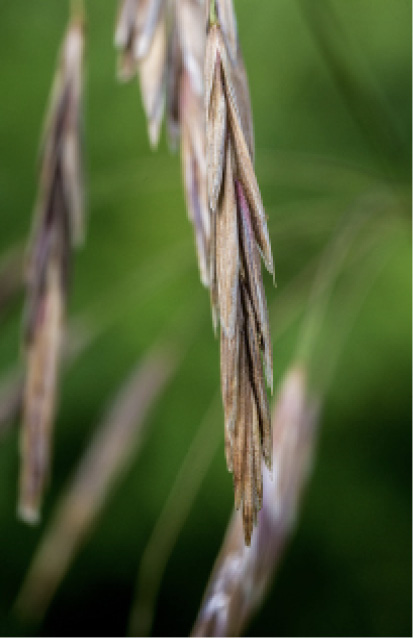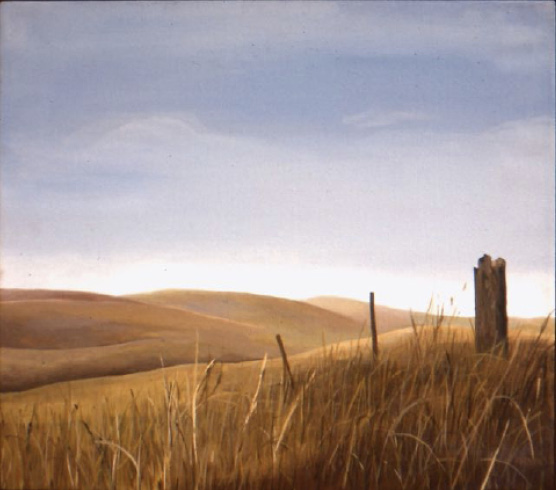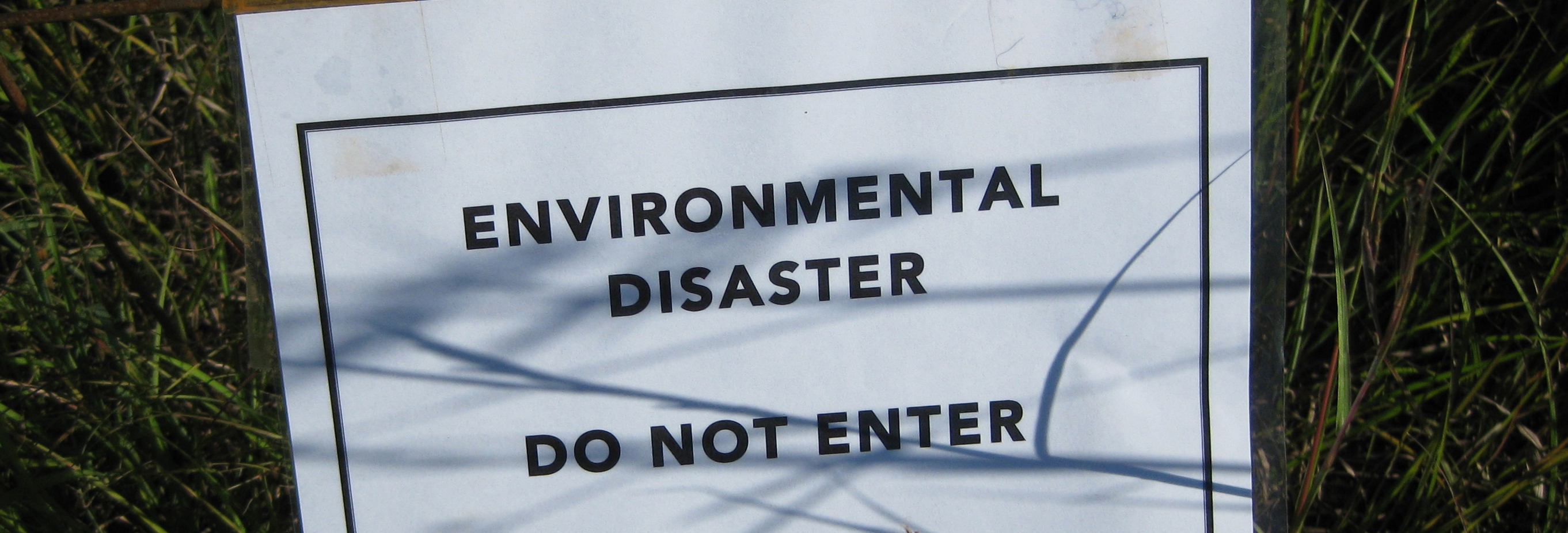As quite literally the largest problem of our time, climate change’s sheer enormity can make it seem an insurmountable subject. In the words of Naomi Klein, this changes everything. How can an author who loves nature avoid this topic with a clear conscience? And yet, how can she hope to face this juggernaut undaunted? My high school English teacher, Michael Niflis, whose opinion I greatly respected, could not imagine how any intelligent person could look at the world around us without considering depression a rational perspective – and yet, if we choose to believe we cannot change the world, we acquiesce to our own impotence, which is a moral failure. Al Gore’s books about climate change dominate through sheer force of data, but nobody will ever read them for enjoyment. His Climate Leadership Trainings, which seek to empower anyone and everyone to become a peer educator, involve many terrifying film clips of floods and hurricanes, as well as graphs and tables, but he explicitly acknowledges the need to avoid overwhelming people with either data or fear. Most of all, he argues, we must convey a message of hope, if we are to convince anyone to take action.
In Cornelia Mutel’s beautiful new book, A Sugar Creek Chronicle, (University of Iowa Press 2016) she also writes about climate change, and there is certainly no shortage of data here, but her book is fundamentally about not fear, but love. Mutel gave us a sneak preview of her book in the Fall 2015 edition of this publication. She explores change on an intimate scale, on her own property, in a Midwestern woodland, openly acknowledging the personal grief that any lover of nature must feel upon learning about the dire state of the earth. If E. O. Wilson is right, and biophilia, the love of the living world, is truly a fundamental human trait, then there must be many of us who share Mutel’s passionate attachment to nature – and not just nature in general, but the familiar and particular creatures of the landscapes that have shaped us, where we joyously greet the rugged bark and lobed leaves of a bur oak like an old and trusted friend. Of her sons’ reminiscences about their outdoor childhood, she writes, “ . . . their stories tell me that this house, this plot of land remain their planet’s center, a stable refuge, a dreamscape to which our sons mentally return when times get rough. Our home and the surrounding woods have nurtured them, protecting and providing stability for their spirits even after their bodies left to roam elsewhere.” Mutel ties the childhood she has provided for her children to the idyllic childhood she took for granted, rambling her Madison neighborhood looking for caterpillars, and working in the garden with her beloved mother. The plangent notes of a time and place that are irretrievably lost resonate with her fear that we now face a larger passing away, not of a personal neighborhood or family member, but of the comfortable and reliable rhythms of seasons worldwide on which not only nature, but civilization depends.

Photo courtesy of Justin Hayworth
In coffeeshop chat, many Midwesterners who have survived bitter winds when it is thirty degrees below zero will chortle that global warming sounds pretty good to them. Indeed, a polar vortex that sweeps down from the Canadian shield in the dark of midwinter can make an immediate increase in temperature seem attractive. In a climate where everyone has air-conditioned houses because it is already warm and humid in the summer, even a rise in summer temperatures seems unlikely to increase human suffering significantly at first glance. Furthermore, the imminent sea rise that is already worsening the effects of hurricanes and inundating coastal Florida frightens no one in Iowa on a personal level, and there are sound reasons why this is so. Mutel would have to drive more than 900 miles from Iowa City to reach the nearest Florida beach. But the beauty of Mutel’s book lies in the way it tenderly describes the intimate violence that climate change wreaks on the homey little wild places that remain in the heartland of Iowa. The fencerows and margins that are left unplowed by the behemoths that harvest our crops, as well as small scattered woods and fragments of restored prairie, provide safe harbor for the dwindling remnants of the vast wildlife populations that once roamed Iowa’s ocean of tall grass and abundant rivers and wetlands. Mutel lovingly documents the migrations of birds, the phenology of spring ephemerals, and all the drama of the changes in weather that we expect to accompany each season in the same way that we expect our parents to be the way they are: because they have always been so, within our experience. She informs those of us who may have felt safe by virtue of geography that we are in fact threatened, just like everyone else on the planet, and she does this by bearing witness to all the small lives that are harmed right now by the changes that are taking place too swiftly for adaptation to be successful. At the same time, she demonstrates that even those who may not give a fig for nature should be very afraid at the prospect of what climate change will do to agriculture, a primary economic driver in a state where more than 99 percent of the original prairie has been plowed under to raise crops and livestock. Gullywashers that strip fields of priceless topsoil alternate with flash droughts that sear plants with abrupt heat. The nurturing climate where human agriculture evolved, which has made our croplands so successful and obviated the need to irrigate, may become a thing of the past unless we take immediate action.
Mutel weaves a tapestry of the mundane and the holy, the trivial and the profound, a deeply personal life and the objectively measured data of science. Throughout her life, nature has been not only an object of study, but a touchstone and a healer. Her mother’s midlife death from cancer at the beginning of her own first year of college plunged her into a natural depression, from which she emerged under the healing influence of an arboretum. Her courtship took place in the Colorado Rockies, with a partner whose love of nature was equaled only by her own. When she underwent her own first bout with cancer, she remembers the moment when she overcame her fear that her fate would mirror that of her mother. She was watching blackbirds and geese flying overhead. Like Basho, she finds in the natural world a resonance with the rhythms and patterns of her own life, and a powerful source of strength in even its most fragile denizens.
As it becomes more and more difficult to avoid the powerful evidence that the climate is changing, deniers may fall back from their initial denial to argue instead that it isn’t caused by humans, or it won’t be that bad, or even that anything that hastens the Apocalypse and the Second Coming actually serves the greater good, no matter how destructive and heartbreaking we may find it in the moment. Some arguments are hard to counter. Religious historian Prasenjit Duara argues that, whereas humans used to find transcendence only in religion, or political doctrines such as Marxism, perhaps the time has come when we need to seek transcendence in sustainability. On our own soil, in the prairie, Cordelia Mutel has produced a book that calls for just such transcendence. Other countries, such as Germany, have acknowledged what is required and stepped up to the task, as have many cities, and some states, here in the U.S. Mutel ends on a note of hope, and her lovely book is solid evidence that, despite dark threats to end funding for climate change study, we still have reason to be hopeful for our future, as long as such writers persist. Perhaps her affectionate portrait of the dear and familiar place where we all live can spur more of us to spirited resistance against the forces that would destroy it. As I write this, on the winter solstice, I hope we will see the return of the light.

‘Flint Hills Fencerow’, Acrylic 16x18 inches, by Jane Pronko, 1976

